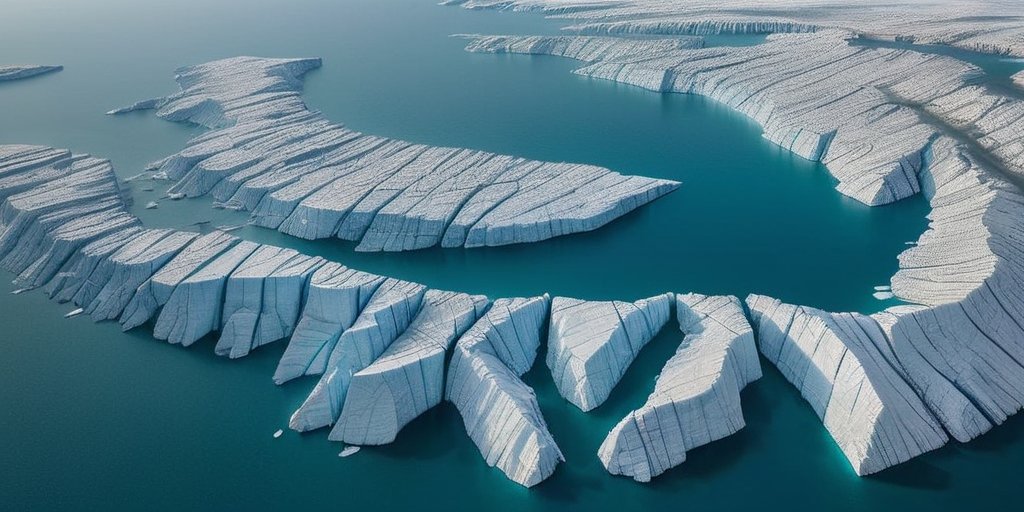Greenland’s political landscape has taken a tense turn as upcoming visits by U.S. officials, including Second Lady Usha Vance and Trump’s National Security Adviser Mike Waltz, have stirred controversy. Outgoing Greenlandic Prime Minister, Mute Egede, has condemned these plans as aggressive, asserting that neither official has been invited for meetings with local leaders.
The background of this diplomatic friction can be traced back to Trump’s notorious remarks about potentially acquiring Greenland, the world’s largest island and a territory of Denmark. The U.S. has had a military presence there since World War II and has shown an increasing interest in Greenland’s natural resources, particularly rare earth minerals. Trump’s administration has openly discussed the strategic value of Greenland, especially in light of growing global tensions and competition for resources in the Arctic.
This week, Mrs. Vance is set to visit Greenland to celebrate its culture, highlighted by her attendance at the Avannaata Qimussersu, a national dogsled race. The White House promotes this visit as a way to bolster ties and respect Greenlandic culture, but local sentiments veer toward dismissal. Political leaders argue that these visits do not align with their self-governance and aspirations for a more autonomous future.
Mike Waltz’s planned visit, alongside Energy Secretary Chris Wright, has also been met with skepticism, interpreted by local leaders as a show of power rather than a genuine attempt to foster cooperation. Prime Minister Egede criticized the U.S. delegation, suggesting their presence undermines Greenland’s respect and autonomy.
This wave of diplomatic criticism mirrors a history of ambiguous U.S.-Greenland relations, rekindled by Trump in recent discussions with NATO Secretary-General Mark Rutte, where Trump indicated potential annexation of Greenland for international security purposes. Such comments have not only rattled Greenland’s political structure but have also fueled a broader conversation about its future relationship with Denmark and potential independence.
As elections loom, these tensions have become a pivotal issue, especially as local polls suggest a significant portion of the population favors independence from Denmark, while many remain against joining the U.S. Trump’s affirmations of support for Greenland’s sovereignty, paired with external pressures, further complicate these intricacies in cultural and political respect.
In his recent congressional address, Trump highlighted that if Greenland chooses to join the U.S., it would be welcomed. However, this sentiment is met with reservations from Greenlanders, who are increasingly vocal in their desires for self-determination. The juxtaposition of these planned visits against the backdrop of historical and political disputes leaves Greenland in a precarious position as it navigates its future amid international interests and internal aspirations.
